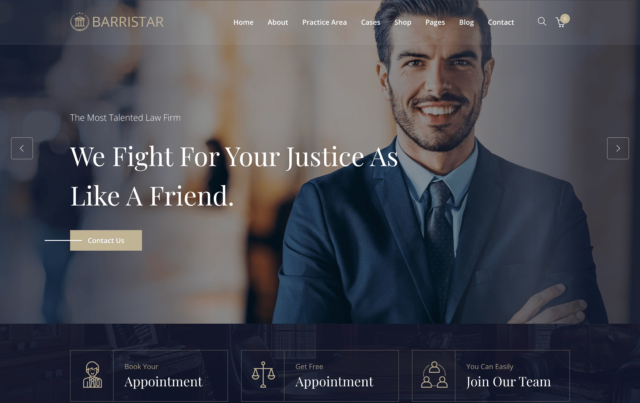Attorney Advertising Rules for the State of Maine
Read for more information on the rules for online advertising for Maine attorneys
In Maine, attorney advertising is governed by the Maine Rules of Professional Conduct, specifically Rules 7.1 through 7.5, which outline the ethical standards lawyers must adhere to when promoting their services. These rules are designed to ensure that legal advertising is truthful, not misleading, and maintains the dignity of the legal profession.
Rule 7.1: Communications Concerning a Lawyer’s Services
This rule prohibits lawyers from making false or misleading communications about their services. A communication is considered false or misleading if it contains a material misrepresentation of fact or law, or omits information that makes the statement as a whole misleading. For example, suggesting guaranteed outcomes or creating unjustified expectations would violate this rule.
Rule 7.2: Advertising
Lawyers are permitted to advertise their services through various media, including written, recorded, and electronic communications. However, certain conditions apply:
- Payment for Recommendations: Lawyers must not provide anything of value to individuals for recommending their services, with exceptions for reasonable advertising costs, charges of legal service plans, or qualified lawyer referral services.
- Reciprocal Referral Agreements: Lawyers may enter into reciprocal referral agreements with other professionals, provided these agreements are not exclusive and the client is informed of the arrangement.
- Identification of Responsible Lawyer: All advertisements must include the name and office address of at least one lawyer or law firm responsible for its content.
Rule 7.2-A: Aspirational Goals for Lawyer Advertising
Beyond mandatory rules, Maine has established aspirational goals to encourage dignified and professional advertising. These goals aim to uphold the profession’s integrity and public trust, suggesting that advertisements should be presented in a manner that reflects the seriousness of legal practice.
Rule 7.3: Direct Contact with Prospective Clients
This rule addresses solicitation, prohibiting lawyers from initiating live, person-to-person contact for the purpose of obtaining professional employment when the motive is pecuniary gain, unless the person contacted is a lawyer, has a family or close personal relationship with the lawyer, or has a prior professional relationship with the lawyer. This is to prevent undue influence, intimidation, or overreaching.
Rule 7.4: Communication of Fields of Practice and Specialization
Lawyers are allowed to communicate their practice areas and may state they specialize in particular fields. However, claiming to be a “specialist” is restricted unless the lawyer has been certified by an organization approved by an appropriate state authority or accredited by the American Bar Association, and the certifying organization’s name is clearly identified in the communication.
Rule 7.5: Firm Names and Letterheads
This rule governs the use of firm names and professional designations, ensuring they are not misleading. Trade names are permissible if they do not imply a connection with a government agency or charitable organization and are not otherwise misleading. Additionally, lawyers may only state or imply they practice in a partnership or other organization when that is the fact.
It’s important to note that these rules are subject to interpretation and may be updated. Therefore, lawyers should consult the latest version of the Maine Rules of Professional Conduct and consider seeking ethical guidance when necessary.
The Maine State Bar Association provides resources and guidance to attorneys regarding the rules and ethical standards for advertising. Attorneys can access detailed information about the Maine Rules of Professional Conduct, including advisory opinions, updates on rule changes, and continuing legal education (CLE) courses that cover advertising and marketing practices. The Bar also offers an ethics hotline where attorneys can seek clarification on specific issues related to advertising, ensuring compliance with the rules while effectively promoting their services. These resources are invaluable for attorneys who wish to maintain ethical standards and uphold the profession’s integrity in their advertising efforts.
Our marketing packages include the following
Search Engine Optimization
Paid Search Management
Legal Content Development
Website Design
Live Chat
Social Media Management









